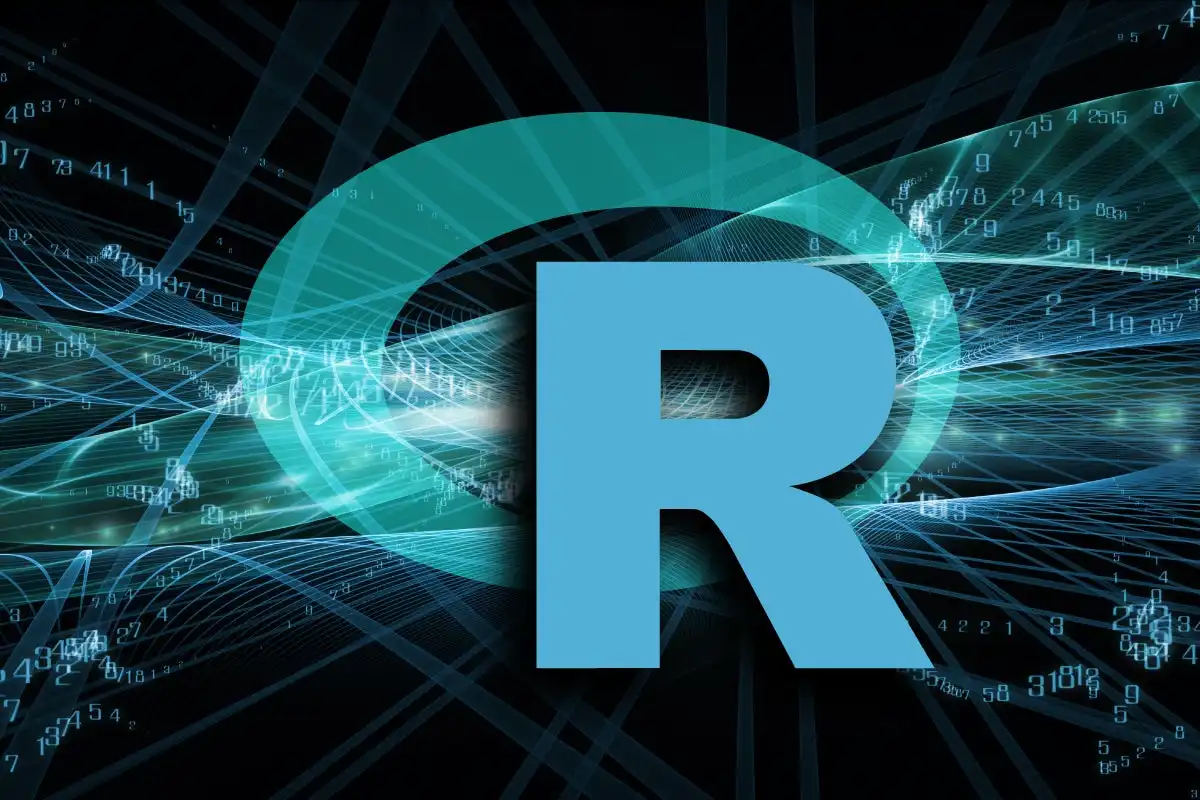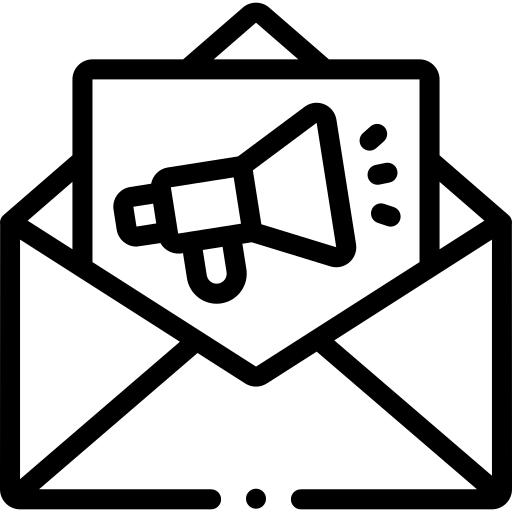A comprehensive, hands-on course designed to equip you with the skills needed to analyze and interpret data using R, one of the most powerful programming languages in data science. The course will guide you through the entire data science workflow, starting with data manipulation, cleaning, visualization to machine learning whether you’re new to R or looking to deepen your knowledge.
You will start with the basics of R programming, gaining familiarity with essential data structures and functions, then move on to using key R libraries like dplyr, ggplot2, and caret. You will learn to clean and wrangle data, create insightful visualizations, perform statistical analyses, and build predictive models by simply working on real-world projects. Throughout the course, you’ll practice your skills with hands-on exercises that reinforce key concepts to ensure you gain the necessary skills required to get you ready for industry-level operations.
By the end of this course, you will have a strong foundation in using R in data science, and be able to confidently apply your knowledge to solve data-driven problems, create compelling visualizations, and build machine learning models. This course is ideal for anyone looking to start a career in data science or those who want to expand their existing skills. Join us today, and let us learn and share knowledge together.
Curriculum
- 7 Sections
- 50 Lessons
- 26 Weeks
- Introduction to R ProgrammingThis chapter will introduce you to R as a powerful programming language for statistical computing and graphics. You'll learn why R is widely used in data science and what makes it a preferred tool for data analysis, machine learning, and research.7
- Data Structures in R5
- Data Visualization in RThis module introduces the fundamentals of data visualization using R. Students will explore core visualization libraries and learn to present data in visually compelling and informative ways.8
- 3.1Introduction to Data Visualization ConceptsCreating Bar Charts, Line Graphs, and Histograms
- 3.2Using Base R Plotting Functions
- 3.3Creating Bar Charts, Line Graphs, and Histograms
- 3.4Customizing Visuals: Themes, Colors, and Labels
- 3.5Introduction to ggplot2: Grammar of Graphics
- 3.6Creating Scatter Plots and Boxplots
- 3.7Saving and Exporting Plots
- 3.8Best Practices for Effective Visualizations
- Statistical Analysis in RThis module covers essential statistical techniques in R, equipping learners with tools to summarize, interpret, and analyze datasets quantitatively.8
- 4.1Descriptive Statistics with R (mean, median, sd)
- 4.2Data Distributions and Probability Basics
- 4.3Hypothesis Testing (t-tests, chi-square)
- 4.4Correlation and Covariance Analysis
- 4.5Linear Regression Basics
- 4.6ANOVA (Analysis of Variance)
- 4.7Visualizing Statistical Relationships
- 4.8Interpreting Statistical Results in Reports
- Working with Real-World DataLearners will gain hands-on experience in handling messy, real-world data—importing, cleaning, transforming, and analyzing datasets to draw meaningful insights.8
- Course SummaryThis module wraps up the entire course, highlighting key takeaways, reinforcing core concepts, and preparing learners for the final project.6
- Final Project and ReviewLearners will apply everything they've learned to a comprehensive project using a real dataset. This final module will assess their understanding and encourage independent exploration.8
Requirements
- A computer with internet access (Windows, macOS, or Linux)
- Basic computer skills ( such as file handling, software installation)
- No prior programming experience required
- Willingness to learn and practice regularly
- R and RStudio installed (guides provided in the course)
Features
- Hands-on coding with real datasets
- Beginner-friendly explanations and guided exercises
- Interactive quizzes and weekly challenges
- Capstone project with personalized feedback
- Certificate of Completion
- Dedicated Q&A support from instructors
Target audiences
- Beginners with no prior programming experience
- Students and graduates interested in data science
- Professionals transitioning to data analysis or statistics
- Researchers needing a programming tool for data work
- Anyone curious about data, coding, or analytics using R


Looking forward to gaining these skills
You’re most welcome, Penninah.
The team can’t wait to meet and interact with you.
Goodluck in your stay with us!